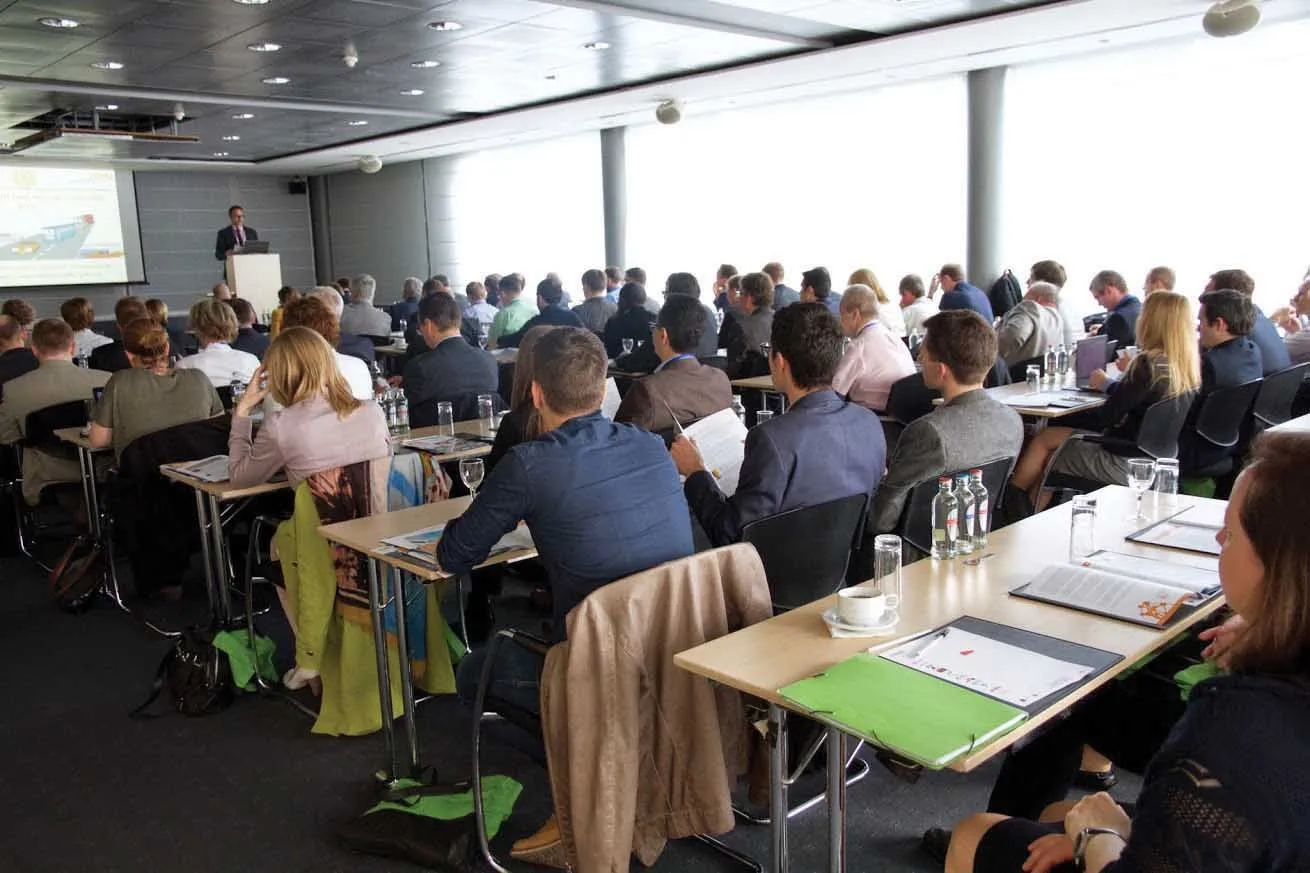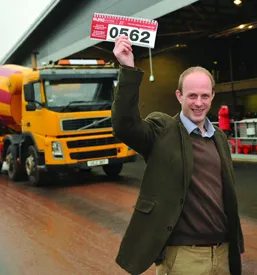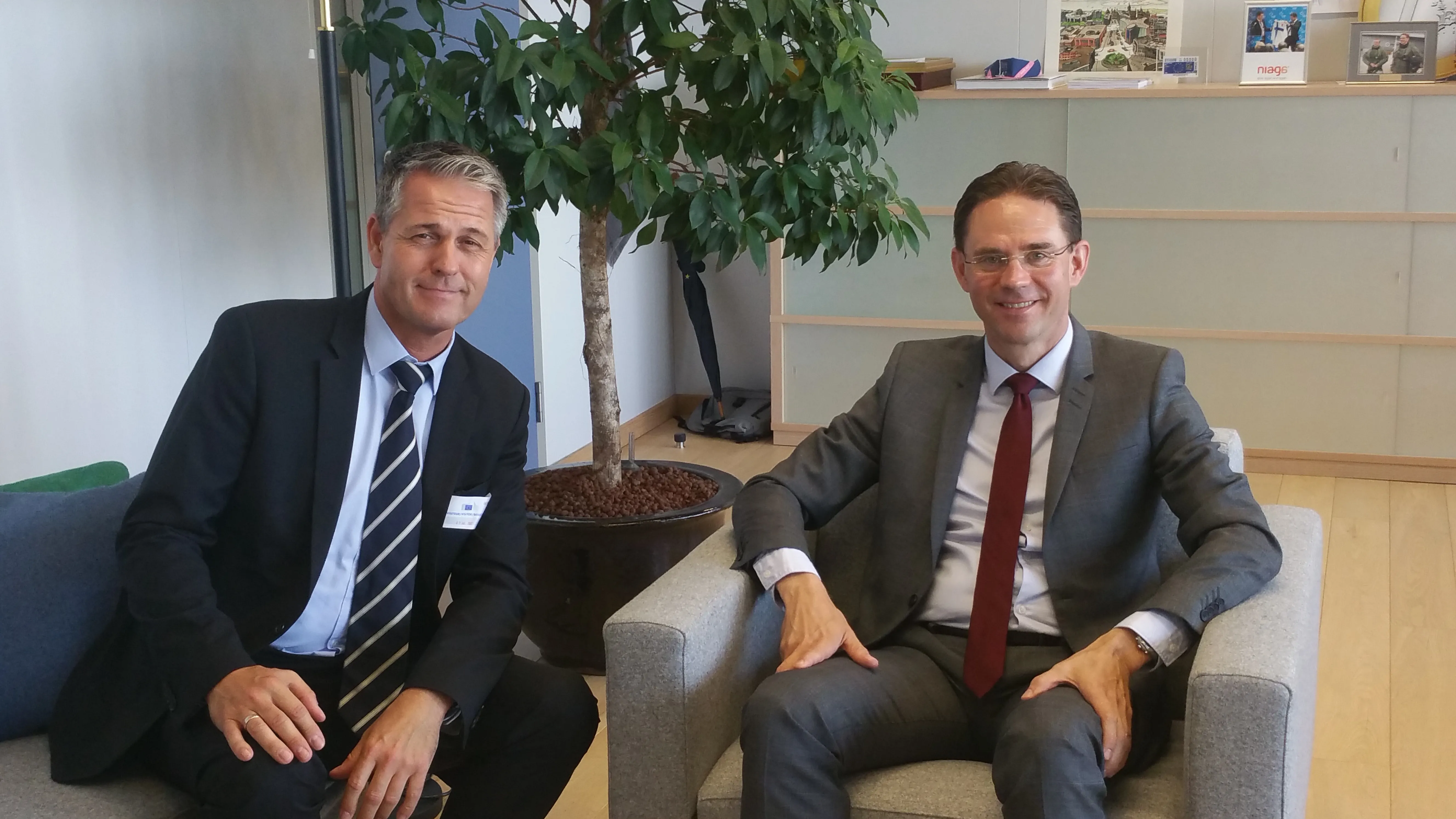According to the VDMA the introduction of the EU-Exhaust Emission Regulation Stage III B poses a challenge for construction machinery manufacturers.
It says the expense is enormous; a great deal of investment and development capacity is necessary; for the buyers that means higher prices, and in some cases greater efficiency on the building site.
VDMA (German Engineering Federation) sees tighter regulation as “counter-productive,” and while the manufacturers have still got their hands full with refitting a
May 10, 2012
Read time: 2 mins
According to the 1331 VDMA the introduction of the 3287 EU-Exhaust Emission Regulation Stage III B poses a challenge for construction machinery manufacturers.
It says the expense is enormous; a great deal of investment and development capacity is necessary; for the buyers that means higher prices, and in some cases greater efficiency on the building site.
VDMA (German Engineering Federation) sees tighter regulation as “counter-productive,” and while the manufacturers have still got their hands full with refitting and upgrading their machines to Stage III B, in Brussels, Belgium, discussions about a Stage V are already underway.
“Whether it will come and when and for how long Stage IV [it will apply from 2014] will ultimately stay in force as a result, neither the responsible officials nor the politicians can say,” says VDMA.
According to Frank Diedrich in Brussels, who represents the interests of the construction and also the agricultural machine manufacturers affected by the regulation within the VDMA, the engine manufacturers are calling for a period of at least five years. Just how long it will really be however, no one knows today.
The VDMA says the European construction and agricultural machine manufacturers are also clearly rejecting the introduction of further exhaust emission regulations.
It says the expense is enormous; a great deal of investment and development capacity is necessary; for the buyers that means higher prices, and in some cases greater efficiency on the building site.
VDMA (German Engineering Federation) sees tighter regulation as “counter-productive,” and while the manufacturers have still got their hands full with refitting and upgrading their machines to Stage III B, in Brussels, Belgium, discussions about a Stage V are already underway.
“Whether it will come and when and for how long Stage IV [it will apply from 2014] will ultimately stay in force as a result, neither the responsible officials nor the politicians can say,” says VDMA.
According to Frank Diedrich in Brussels, who represents the interests of the construction and also the agricultural machine manufacturers affected by the regulation within the VDMA, the engine manufacturers are calling for a period of at least five years. Just how long it will really be however, no one knows today.
The VDMA says the European construction and agricultural machine manufacturers are also clearly rejecting the introduction of further exhaust emission regulations.









